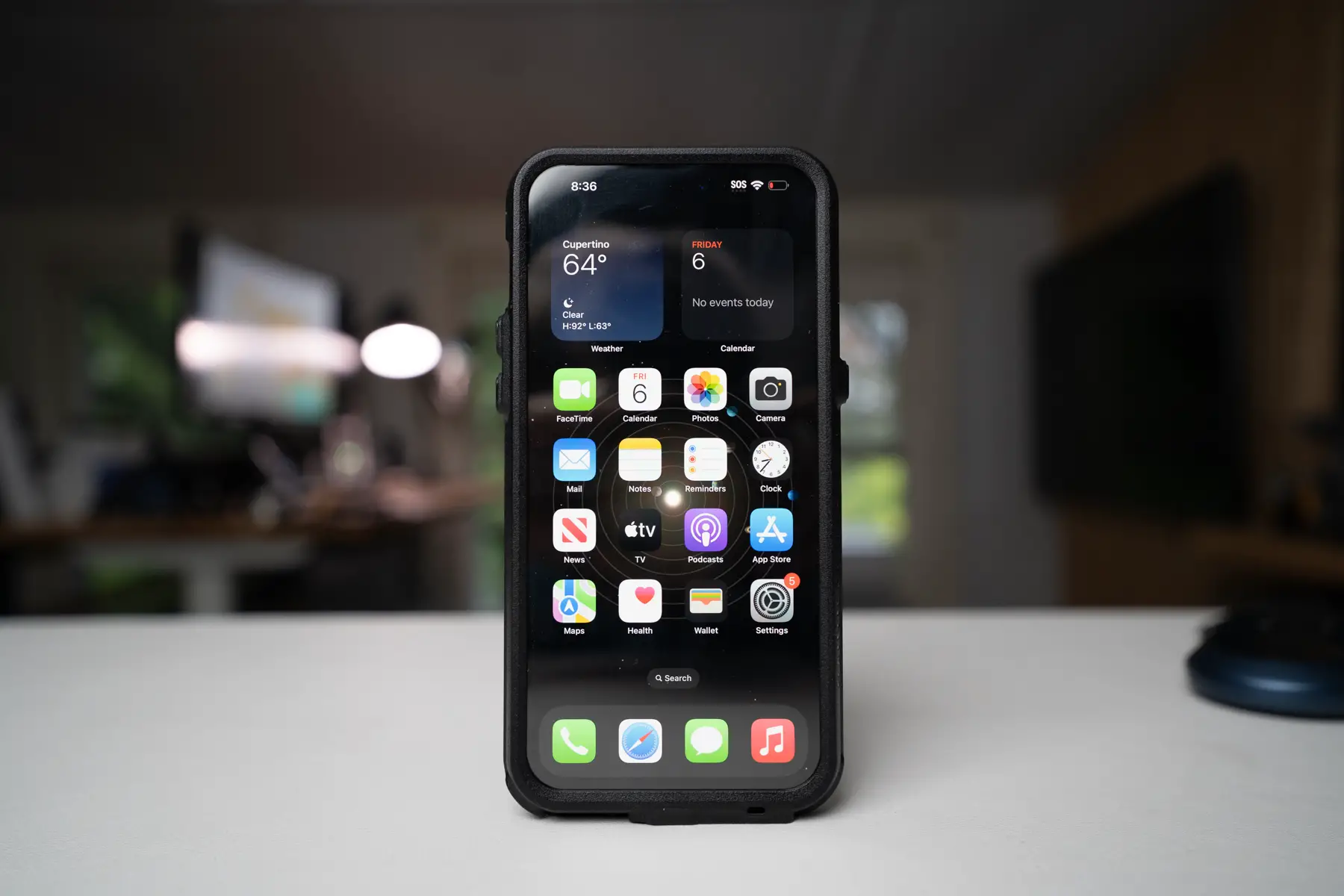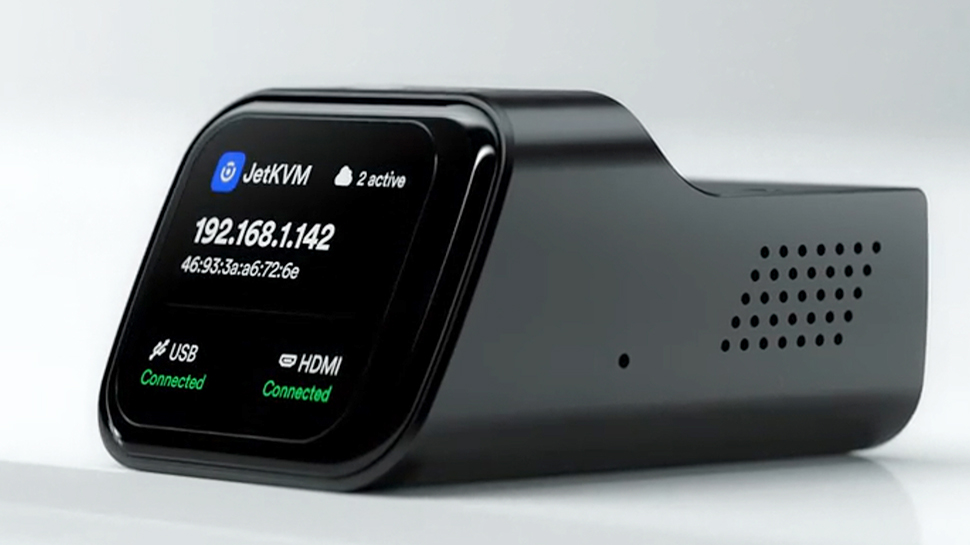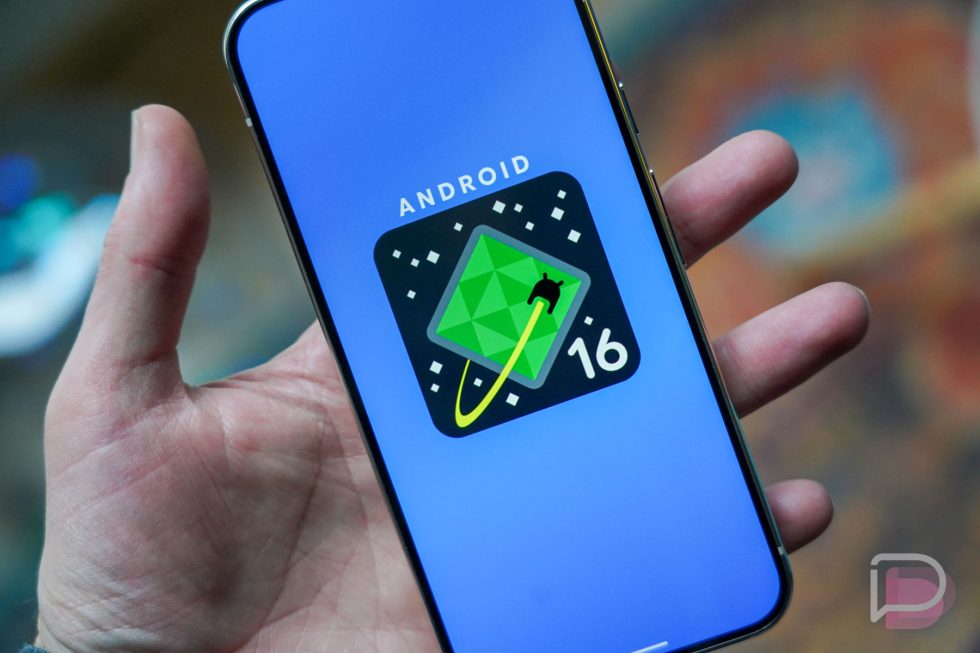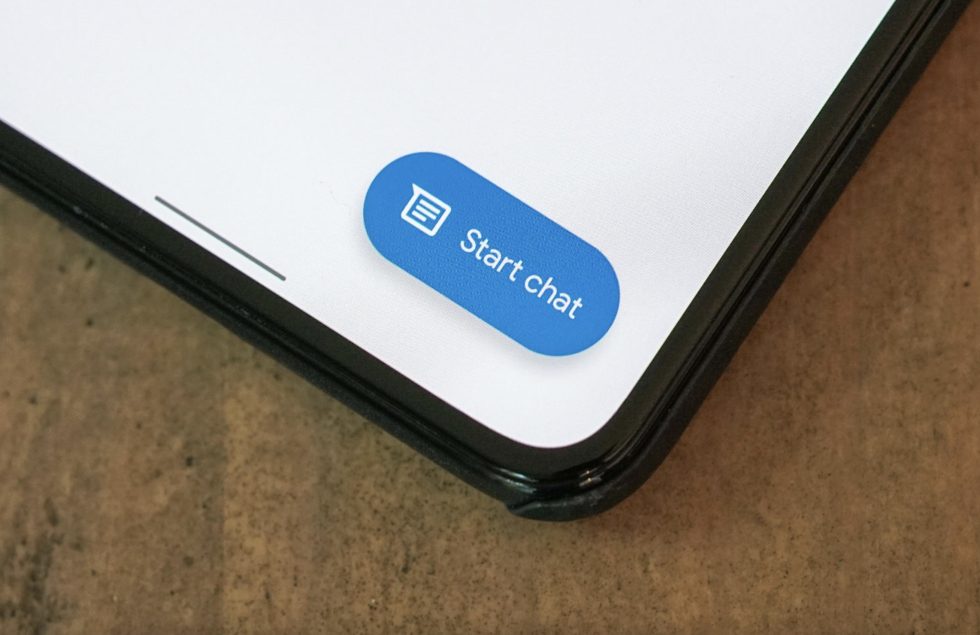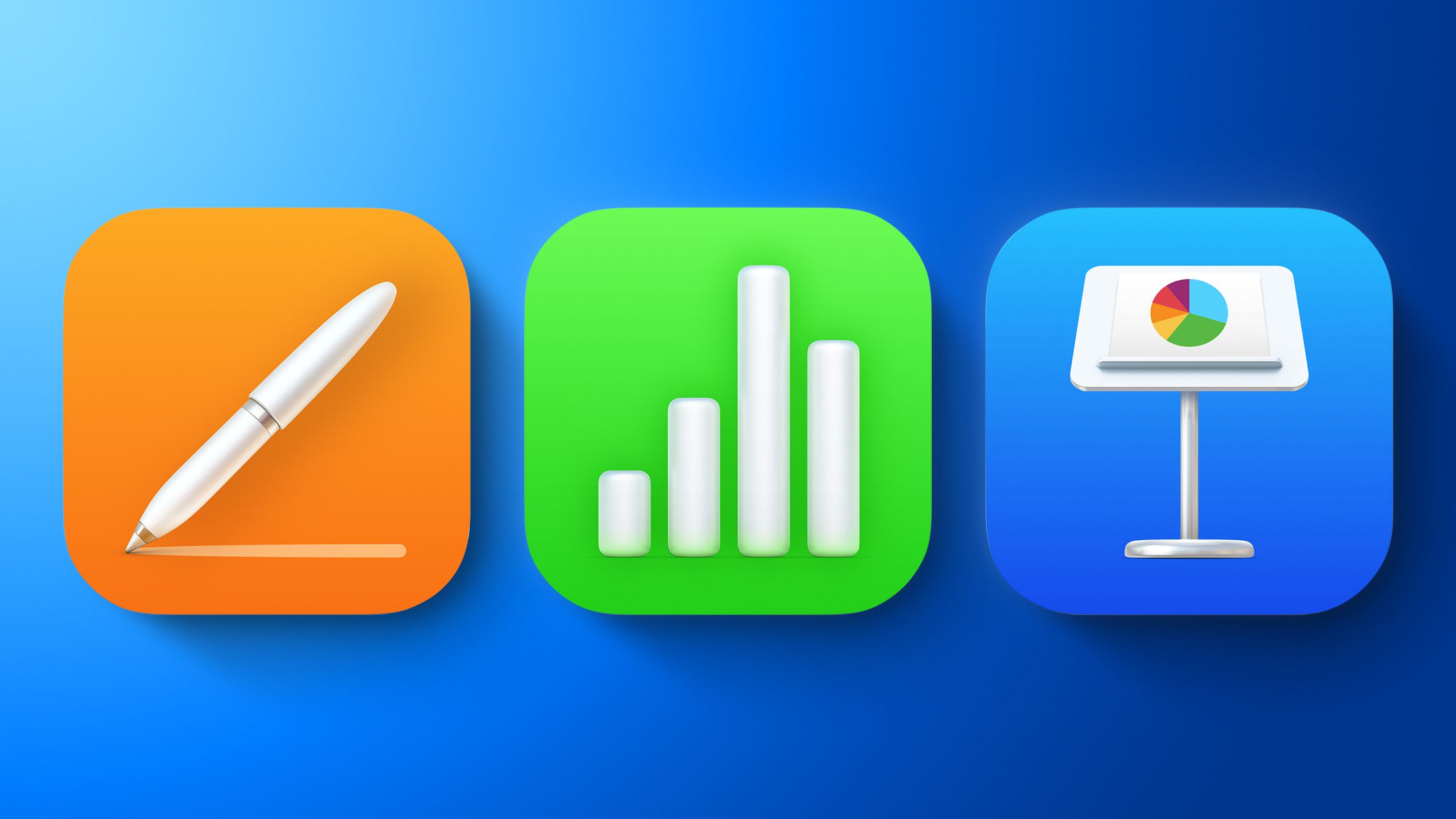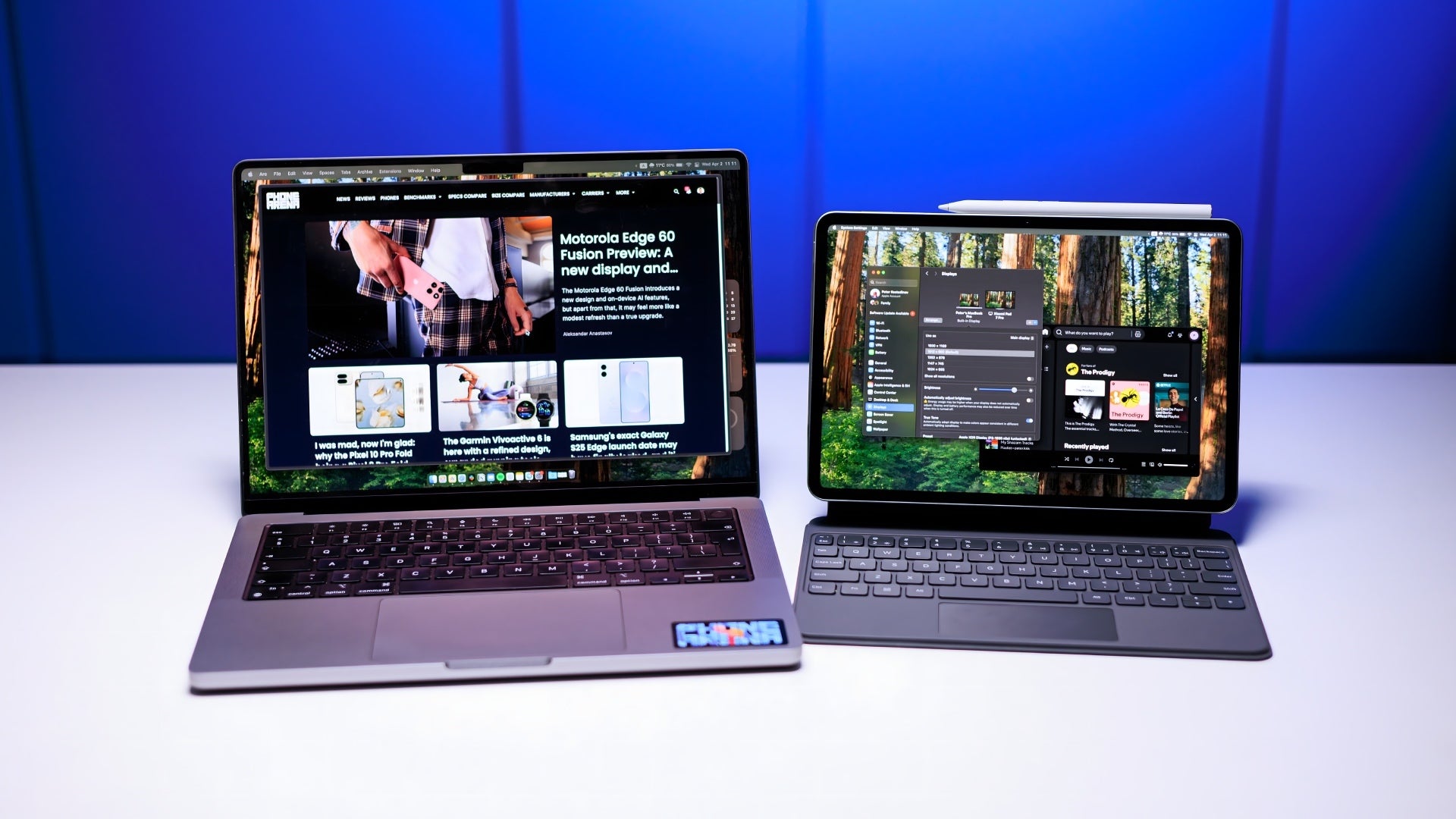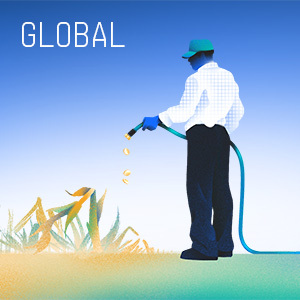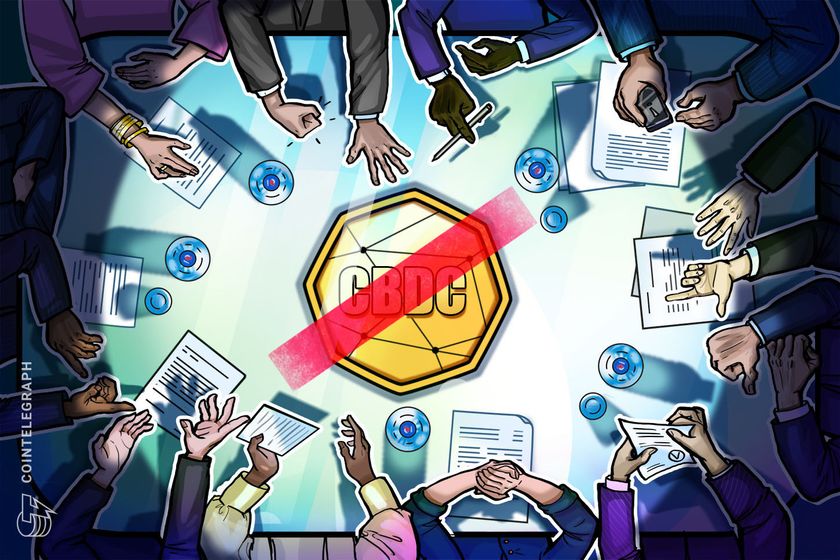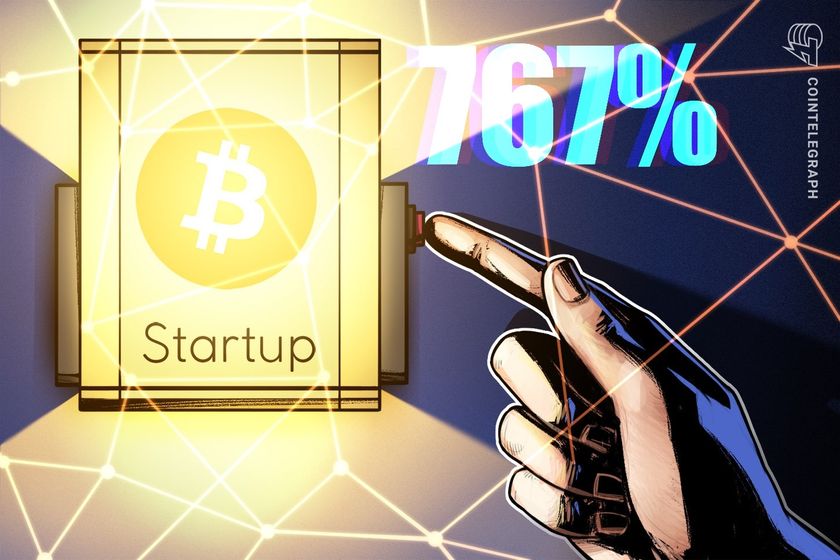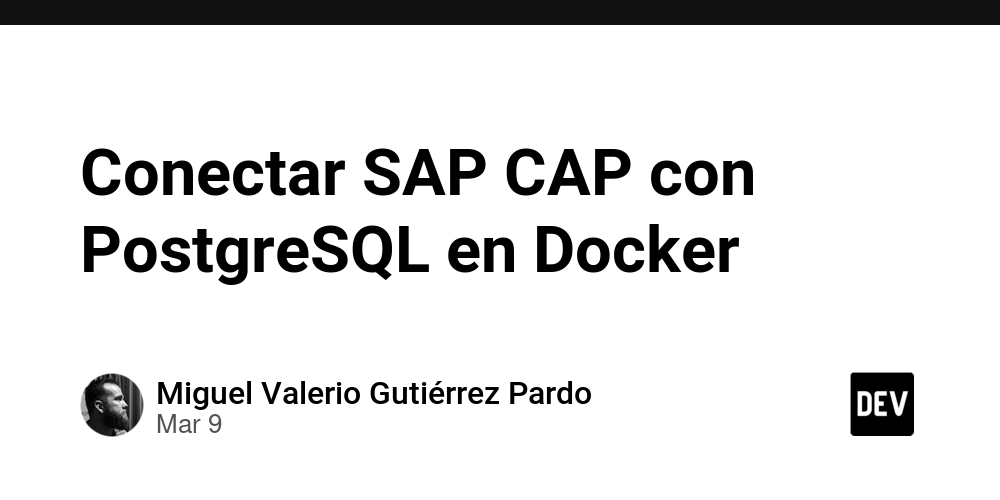5 Ways AI Is Revolutionizing Software Engineering in 2025 : A Developer’s Guide
Hey fellow devs! I’ve been coding for years, and I thought I’d seen it all, but 2025 is proving me wrong: artificial intelligence (AI) is taking software engineering to a whole new level. It’s not just about cranking out code anymore. AI is changing our workflows, opening up new job opportunities, and pushing us to level up our skills. Whether you’re just starting out or you’ve been in the game for a while, these trends are going to shape your career. Let’s break down five ways AI is revolutionizing software engineering this year, with practical insights to help you stay ahead. Grab your coffee, and let’s dive in! 1. AI Is Your New Coding Wingman Picture this: you’re working on a project, and you’ve got a coding buddy who writes code, debugs issues, and suggests optimizations while you’re taking a break. That’s what 2025 looks like for us software engineers, thanks to AI tools like GitHub Copilot, Amazon CodeWhisperer, Google’s DeepMind AlphaCode, and conversational AIs like ChatGPT, DeepSeek, and Grok. A 2024 Stack Overflow survey found that 70% of developers use AI tools weekly, with 45% seeing a productivity boost of 20% or more. But this isn’t just about speed: it’s about changing how we code. AI is turning us into orchestrators. Junior devs can now ship production-ready code faster, while senior engineers use AI to automate tests, refactor legacy systems, and design APIs. For example, Meta uses AI to suggest pull request comments and catch security issues before they go live. You’re not just writing code: you’re guiding AI, reviewing its output, and making it better, which takes a sharp eye and solid skills. Here’s a crazy stat: AI can now build entire microservices. A 2025 AWS case study showed a Node.js microservice, complete with API endpoints and error handling, deployed in just 48 hours. That’s work that used to take a small team a week! But here’s the catch: AI can introduce bugs or security risks, so you’ve got to stay vigilant. Ever tried vibe coding? It’s a new AI-assisted method where you describe a problem or feature in plain English, and a fine-tuned AI model like GPT writes the code for you. Coined by Andrej Karpathy in February 2025, vibe coding is a game-changer for rapid prototyping. Let’s look at a quick example to see it in action. Prompt: “Create a function that fetches user data from an API and displays it in a React component with error handling.” import React, { useEffect, useState } from 'react'; const UserList = () => { const [users, setUsers] = useState([]); const [loading, setLoading] = useState(true); const [error, setError] = useState(null); const fetchUserData = async () => { try { const response = await fetch('https://jsonplaceholder.typicode.com/users'); if (!response.ok) { throw new Error(`Error: ${response.status} ${response.statusText}`); } const data = await response.json(); setUsers(data); } catch (err) { setError(err.message); } finally { setLoading(false); } }; useEffect(() => { fetchUserData(); }, []); if (loading) return Loading users...; if (error) return Error: {error}; return ( User List {users.map(user => ( {user.name} - {user.email} ))} ); }; export default UserList; Pro Tip: Use vibe coding for quick prototypes, but always test the output thoroughly. Tools like ESLint can help catch potential issues. 2. Job Market Shifts: Tougher Entry, New Gigs The software engineering job market in 2025 is a mix of challenges and opportunities. AI is automating routine tasks, but it’s also creating new roles for us to explore. AI can handle repetitive stuff like writing CRUD operations or fixing syntax errors, which means entry-level roles are getting tougher. A 2024 McKinsey report predicts that AI could automate 30% of coding tasks by 2030, but it’s not killing jobs: it’s raising the bar. Companies now expect junior devs to bring skills in system design, AI tools, and problem-solving right out of the gate. Here’s a heads-up: some companies are using AI to screen candidates in technical interviews. Platforms like HackerRank now use AI to generate dynamic coding problems and evaluate your solutions on the spot, focusing on optimization and edge cases rather than basic syntax. For example, you might get a problem asking you to optimize a sorting algorithm for a massive dataset, not just write a basic loop. So, you’ll need to prep for interviews that test your problem-solving skills, not just your ability to code quickly. On the flip side, AI is creating a huge demand for devs who can build intelligent systems. Roles like AI engineers, machine learning experts, and data engineers are in high demand, with LinkedIn reporting a 40% jump in AI-related job postings in early 2025. These gigs require skills in tools like TensorFlow, PyTorch, and Azure Machine Learning, plus expertise in

Hey fellow devs! I’ve been coding for years, and I thought I’d seen it all, but 2025 is proving me wrong: artificial intelligence (AI) is taking software engineering to a whole new level. It’s not just about cranking out code anymore. AI is changing our workflows, opening up new job opportunities, and pushing us to level up our skills. Whether you’re just starting out or you’ve been in the game for a while, these trends are going to shape your career. Let’s break down five ways AI is revolutionizing software engineering this year, with practical insights to help you stay ahead. Grab your coffee, and let’s dive in!
1. AI Is Your New Coding Wingman
Picture this: you’re working on a project, and you’ve got a coding buddy who writes code, debugs issues, and suggests optimizations while you’re taking a break. That’s what 2025 looks like for us software engineers, thanks to AI tools like GitHub Copilot, Amazon CodeWhisperer, Google’s DeepMind AlphaCode, and conversational AIs like ChatGPT, DeepSeek, and Grok. A 2024 Stack Overflow survey found that 70% of developers use AI tools weekly, with 45% seeing a productivity boost of 20% or more. But this isn’t just about speed: it’s about changing how we code.
AI is turning us into orchestrators. Junior devs can now ship production-ready code faster, while senior engineers use AI to automate tests, refactor legacy systems, and design APIs. For example, Meta uses AI to suggest pull request comments and catch security issues before they go live. You’re not just writing code: you’re guiding AI, reviewing its output, and making it better, which takes a sharp eye and solid skills.
Here’s a crazy stat: AI can now build entire microservices. A 2025 AWS case study showed a Node.js microservice, complete with API endpoints and error handling, deployed in just 48 hours. That’s work that used to take a small team a week! But here’s the catch: AI can introduce bugs or security risks, so you’ve got to stay vigilant.
Ever tried vibe coding? It’s a new AI-assisted method where you describe a problem or feature in plain English, and a fine-tuned AI model like GPT writes the code for you. Coined by Andrej Karpathy in February 2025, vibe coding is a game-changer for rapid prototyping. Let’s look at a quick example to see it in action.
Prompt: “Create a function that fetches user data from an API and displays it in a React component with error handling.”
import React, { useEffect, useState } from 'react';
const UserList = () => {
const [users, setUsers] = useState([]);
const [loading, setLoading] = useState(true);
const [error, setError] = useState(null);
const fetchUserData = async () => {
try {
const response = await fetch('https://jsonplaceholder.typicode.com/users');
if (!response.ok) {
throw new Error(`Error: ${response.status} ${response.statusText}`);
}
const data = await response.json();
setUsers(data);
} catch (err) {
setError(err.message);
} finally {
setLoading(false);
}
};
useEffect(() => {
fetchUserData();
}, []);
if (loading) return Loading users...;
if (error) return
Error: {error};
return (
User List
{users.map(user => (
-
{user.name} - {user.email}
))}
);
};
export default UserList;
Pro Tip: Use vibe coding for quick prototypes, but always test the output thoroughly. Tools like ESLint can help catch potential issues.
2. Job Market Shifts: Tougher Entry, New Gigs
The software engineering job market in 2025 is a mix of challenges and opportunities. AI is automating routine tasks, but it’s also creating new roles for us to explore.
AI can handle repetitive stuff like writing CRUD operations or fixing syntax errors, which means entry-level roles are getting tougher. A 2024 McKinsey report predicts that AI could automate 30% of coding tasks by 2030, but it’s not killing jobs: it’s raising the bar. Companies now expect junior devs to bring skills in system design, AI tools, and problem-solving right out of the gate.
Here’s a heads-up: some companies are using AI to screen candidates in technical interviews. Platforms like HackerRank now use AI to generate dynamic coding problems and evaluate your solutions on the spot, focusing on optimization and edge cases rather than basic syntax. For example, you might get a problem asking you to optimize a sorting algorithm for a massive dataset, not just write a basic loop. So, you’ll need to prep for interviews that test your problem-solving skills, not just your ability to code quickly.
On the flip side, AI is creating a huge demand for devs who can build intelligent systems. Roles like AI engineers, machine learning experts, and data engineers are in high demand, with LinkedIn reporting a 40% jump in AI-related job postings in early 2025. These gigs require skills in tools like TensorFlow, PyTorch, and Azure Machine Learning, plus expertise in data prep and model deployment. Even traditional roles are evolving: a frontend dev might need to add an AI chatbot to a React app, while a backend dev could use AI to optimize APIs with tools like FastAPI.
Pro Tip: Practice system design with resources like “System Design Primer” on GitHub, and solve AI-focused problems on LeetCode to prep for those new roles.
3. New Roles to Explore
AI isn’t just changing our current roles: it’s opening up brand-new career paths. Here are a few you might want to check out:
Prompt Engineers: They craft inputs for AI models, mixing tech skills with creativity, and can earn up to $120,000 a year, according to 2025 Glassdoor data.
AI Ethics Engineers: With laws like the EU’s AI Act in play, these devs ensure AI systems are fair and compliant, tackling issues like bias in hiring tools.
AIOps Specialists: They use AI to automate IT tasks, like monitoring cloud systems with tools like Prometheus, a role that’s growing fast as companies adopt AIOps.
Here’s a cool tidbit: some companies are hiring “AI auditors” to review AI systems after deployment, ensuring they’re ethical and effective. These senior roles can pay over $160,000 a year in hot markets. Imagine being the dev who ensures an AI model doesn’t accidentally discriminate in hiring: that’s a big responsibility and a rewarding gig.
Pro Tip: If you’re curious about AI ethics, start by reading up on fairness in machine learning. The book “Weapons of Math Destruction” by Cathy O’Neil is a great place to begin.
4. Workflows Get Smarter, Teams Go Global
AI is transforming how we work, from our daily grind to global collaboration. In 2025, AI is everywhere in our workflows. Zoom uses AI bots for real-time code reviews during meetings, while Slack and Microsoft Teams summarize updates, cutting down on status meetings. This lets you focus on what you love: writing code, designing systems, and solving problems.
Here’s something neat: AI can now predict project timelines. Jira’s AI forecasting tool analyzes past sprint data to estimate delivery dates with 85% accuracy, according to a 2025 Atlassian report. This helps managers plan better, reducing stress for the whole team. Imagine knowing your sprint won’t end in a last-minute crunch because AI helped set realistic deadlines.
AI is also making remote work smoother. Tools like Microsoft Teams’ real-time translation and Slack’s AI task prioritization help global teams collaborate across time zones. For example, you could be pairing with a dev in India while you’re in the US, and Teams translates your chat in real time. This gives you more flexibility but also more competition, as companies can hire devs from anywhere. Tools like Clockwise even schedule meetings to avoid interrupting your coding flow, though you’ll need to level up your communication skills to shine in diverse teams.
Pro Tip: Set up Slack’s AI summaries to cut down on meeting time, and use tools like Notion for async updates to keep your global team in sync.
5. Upskilling and Ethics Are Must-Haves
Tech moves fast, and AI is making upskilling more urgent than ever. In 2025, big companies like Amazon and Google offer AI training programs, while platforms like SkillsTechTalk.com provide AI-driven interview prep, custom study plans, and portfolio projects to keep you sharp. Must-have skills for 2025 include integrating AI into React or Node.js apps, using LangChain and vector databases like Pinecone, prepping data for machine learning, crafting prompts for AI models, and securing AI systems while complying with laws like GDPR.
Here’s a fun fact: some companies, like Salesforce, now offer “AI sabbaticals,” giving devs 3-6 months to focus on learning AI tech, often with full pay. Imagine taking a break to deep-dive into PyTorch and coming back with a new skill set.
AI’s rise also makes ethics a core skill. In 2025, laws like the EU’s AI Act set strict rules, with fines for non-compliance. You’ll need to tackle bias, protect user privacy, explain AI decisions, and meet global standards. For example, if you’re building an AI chatbot, you’ll need to ensure it doesn’t accidentally leak user data or show bias in its responses. Here’s a key trend: ethical AI is becoming a selling point. A 2025 Deloitte survey found that 65% of consumers prefer brands that prioritize AI ethics, boosting trust and loyalty.
Pro Tip: Start learning AI skills with free resources like TensorFlow’s tutorials on YouTube, and check out Google’s AI ethics guidelines to build better systems.
What’s in It for You?
Wins: High salaries for AI skills ($150K+), less stress with AI tools, new roles in AI ethics and AIOps, and global remote work.
Challenges: Fewer gigs for generalists, risks of over-relying on AI, skill gaps, and more competition worldwide.
Stay Ahead of the Game
The AI revolution is here, and it’s your chance to take your coding career to the next level. Embrace AI as your wingman, keep learning, and tackle ethical challenges to stand out. At SkillsTechTalk.com, we’ve got your back with AI-powered interview prep, study plans, and career tools built for 2025. What do you think about these trends? Have you tried vibe coding yet? Drop a comment below: I’d love to hear your thoughts! If you found this post helpful, share it with your network and follow for more dev insights.
About the Author
Allen Codewell is a software architect and founder of SkillsTechTalk.com, where he helps developers navigate the tech world with practical strategies and confidence.



























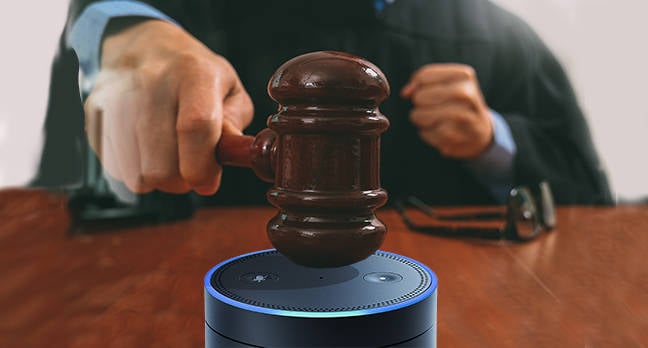

















































































































































![[The AI Show Episode 142]: ChatGPT’s New Image Generator, Studio Ghibli Craze and Backlash, Gemini 2.5, OpenAI Academy, 4o Updates, Vibe Marketing & xAI Acquires X](https://www.marketingaiinstitute.com/hubfs/ep%20142%20cover.png)















































































































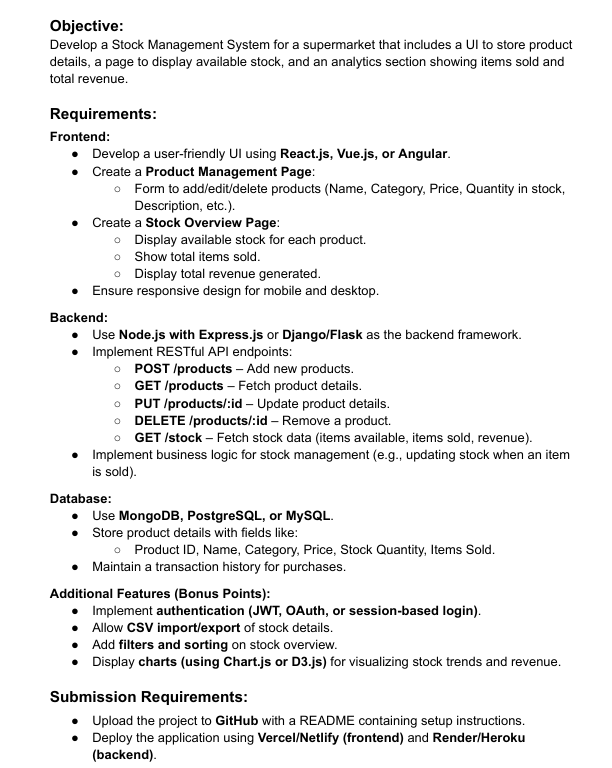

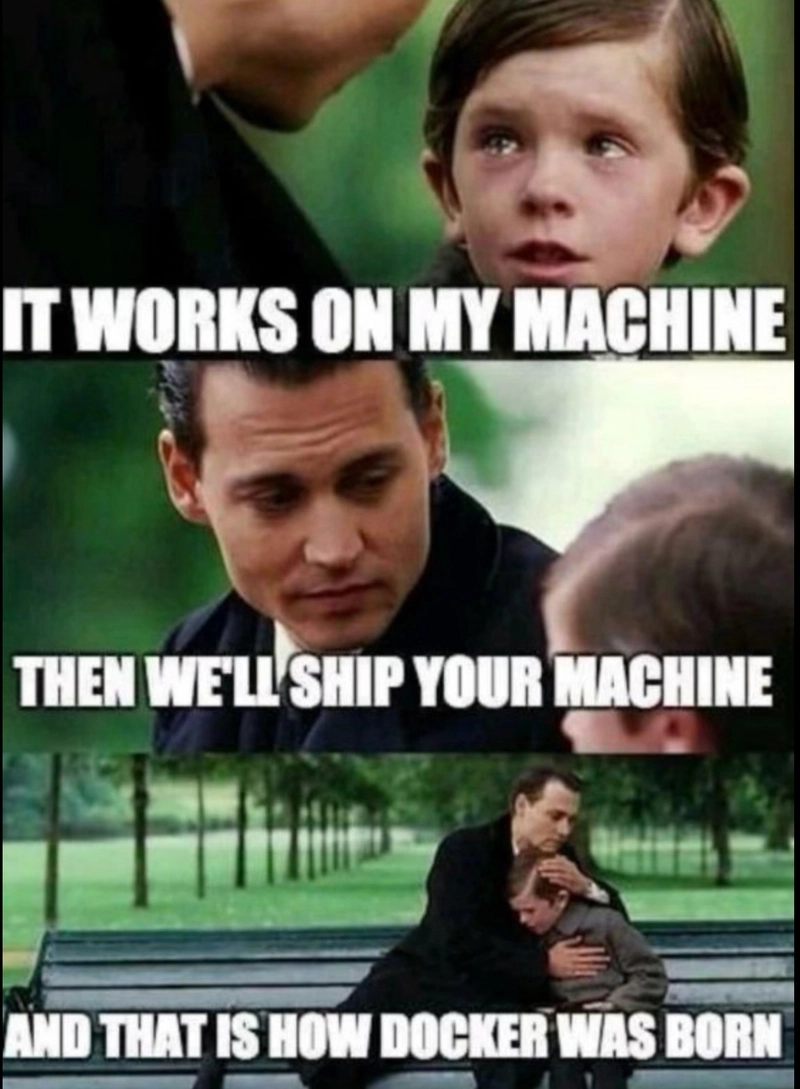













![[DEALS] Microsoft Office Professional 2021 for Windows: Lifetime License (75% off) & Other Deals Up To 98% Off – Offers End Soon!](https://www.javacodegeeks.com/wp-content/uploads/2012/12/jcg-logo.jpg)





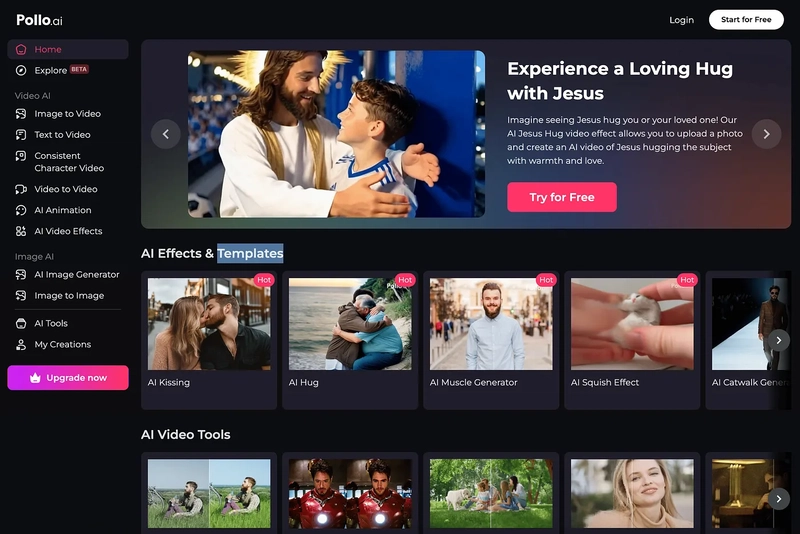























































































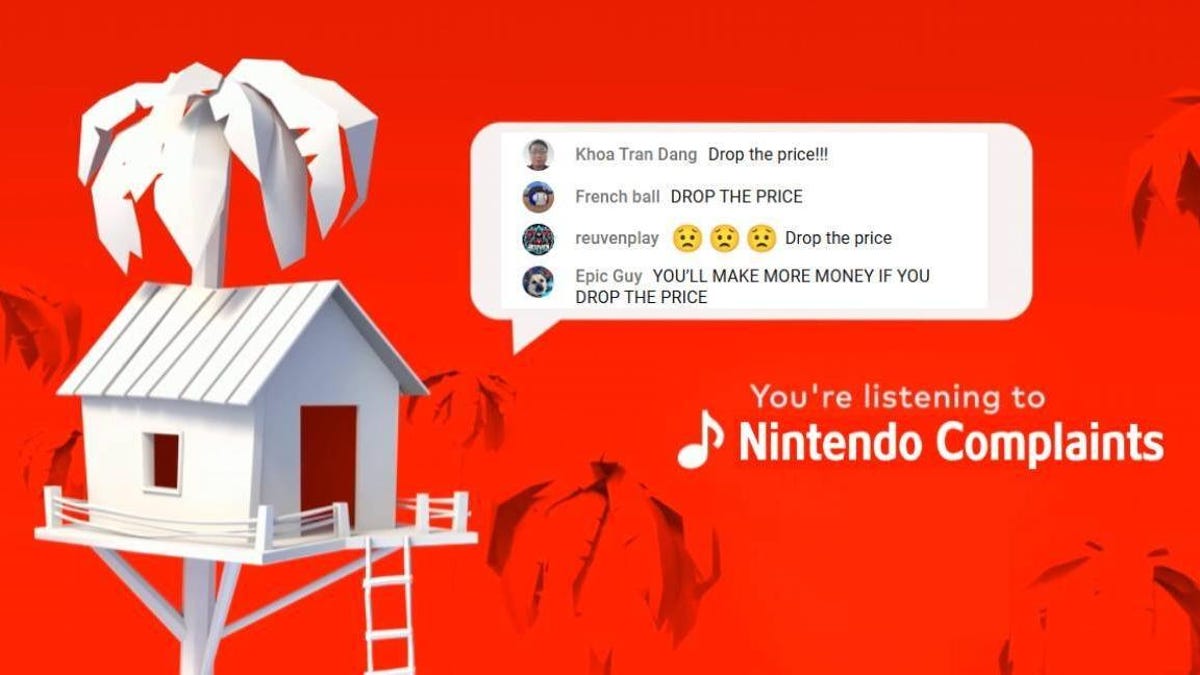

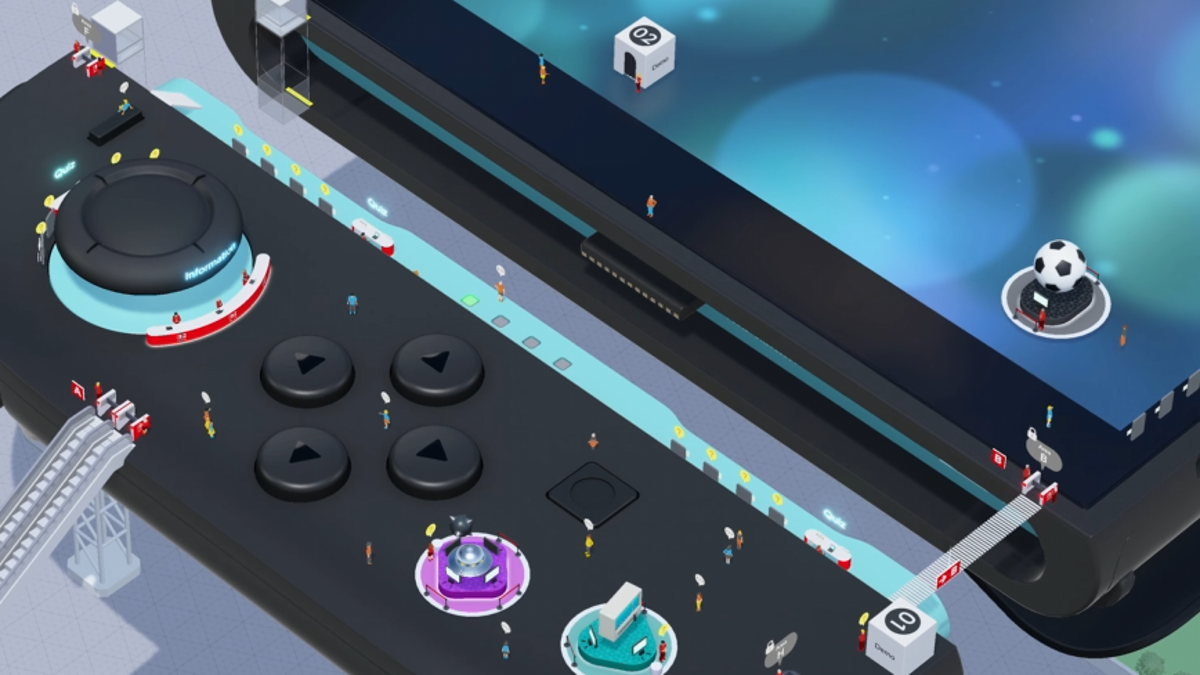














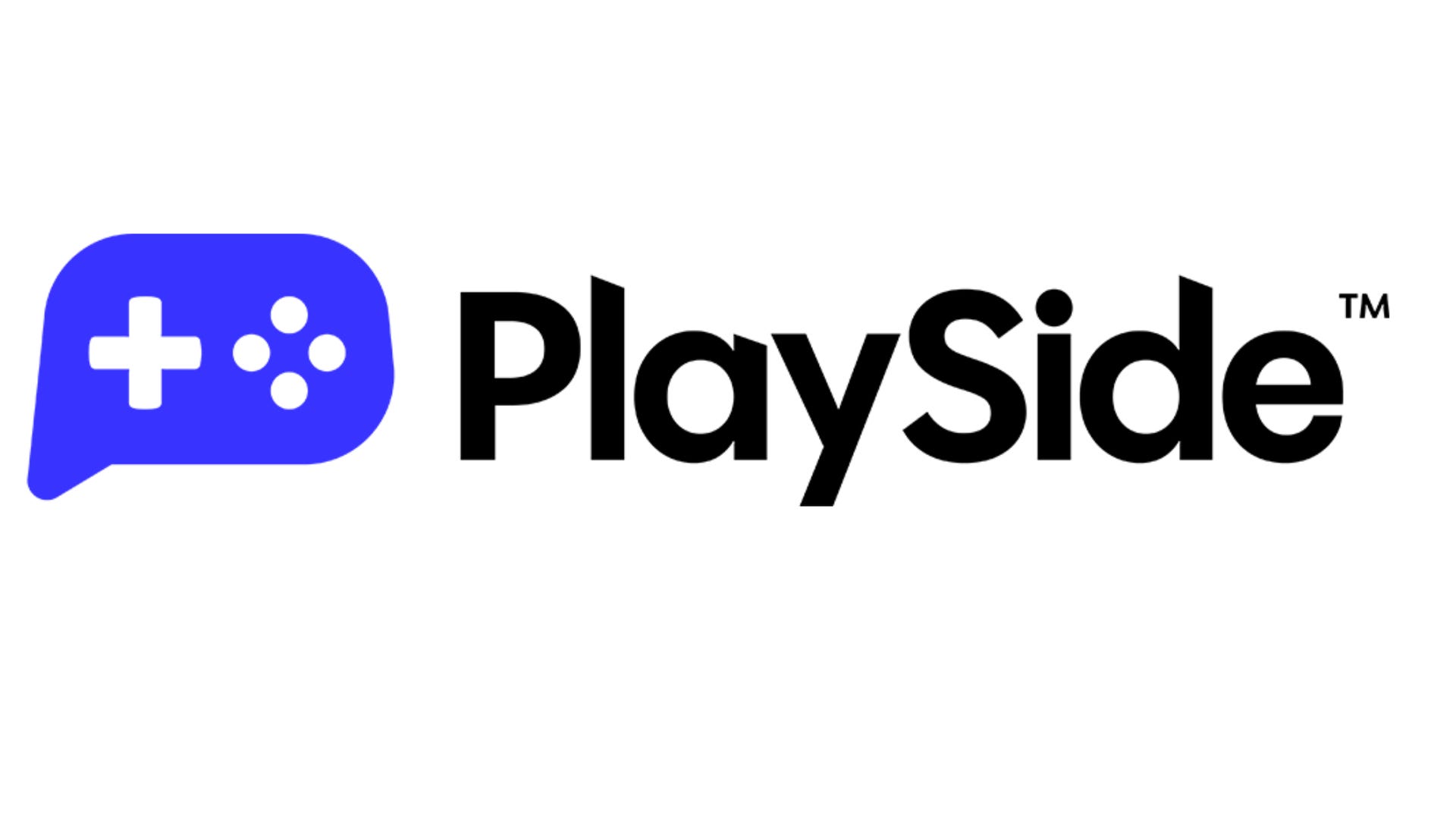
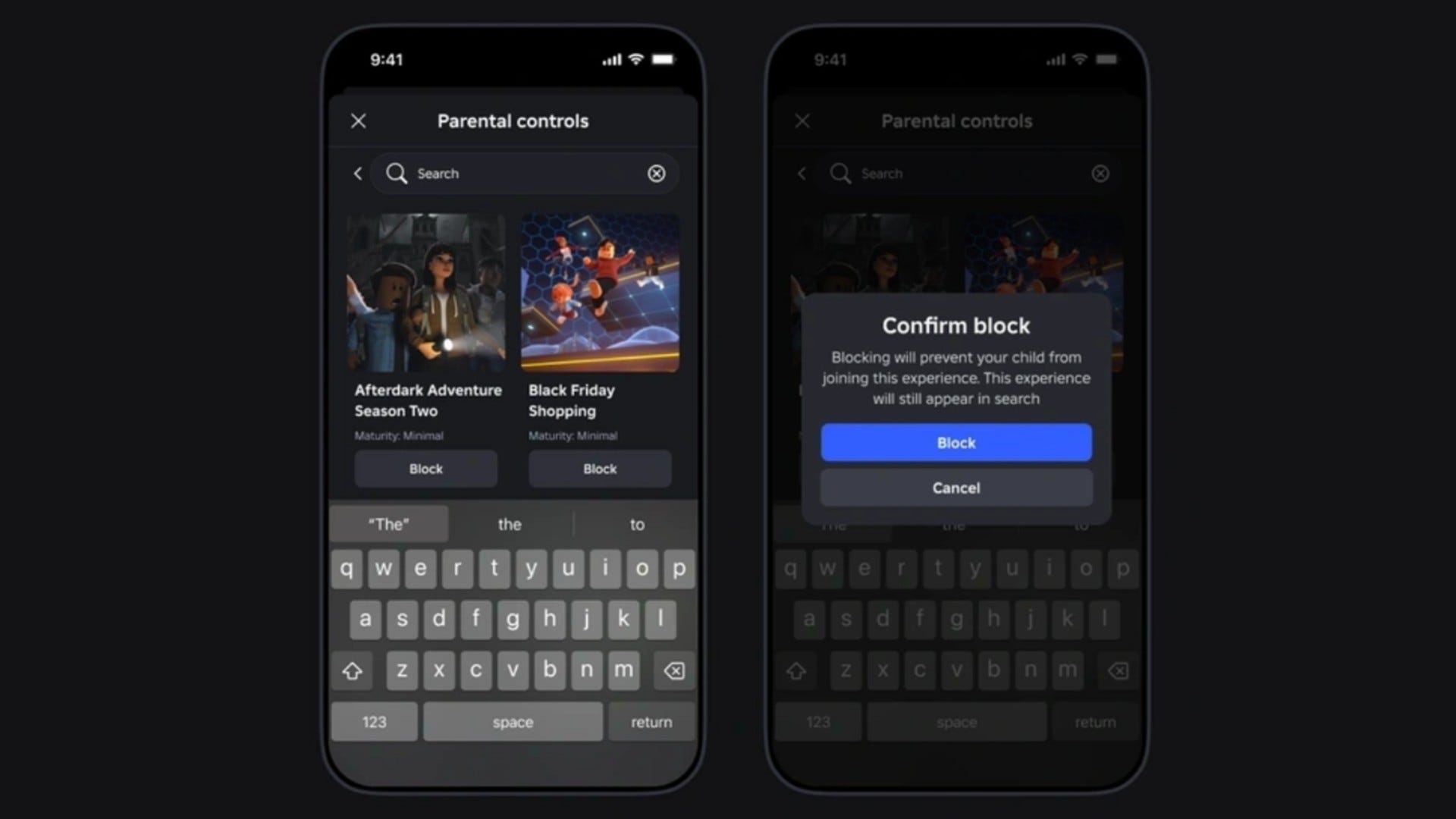















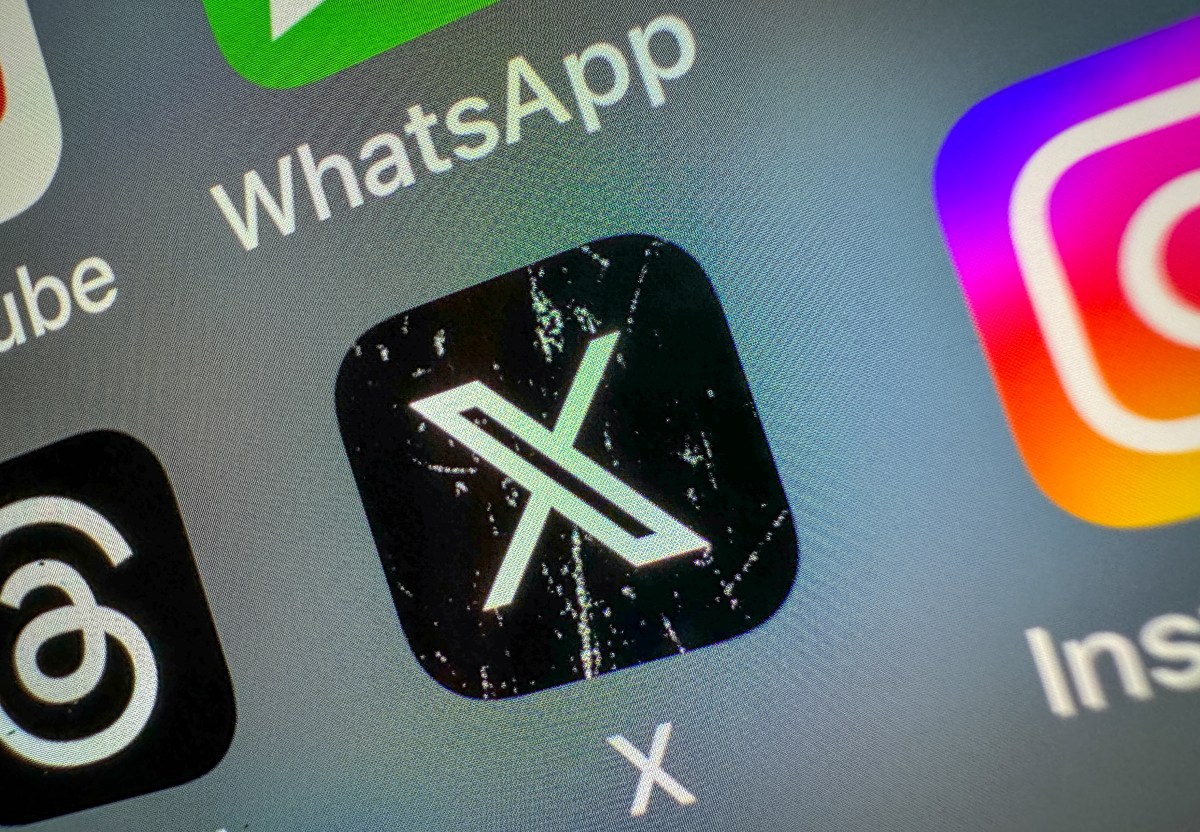













_Anthony_Brown_Alamy.jpg?#)
_Hanna_Kuprevich_Alamy.jpg?#)




.png?#)

















































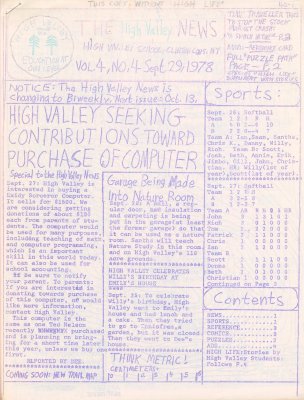

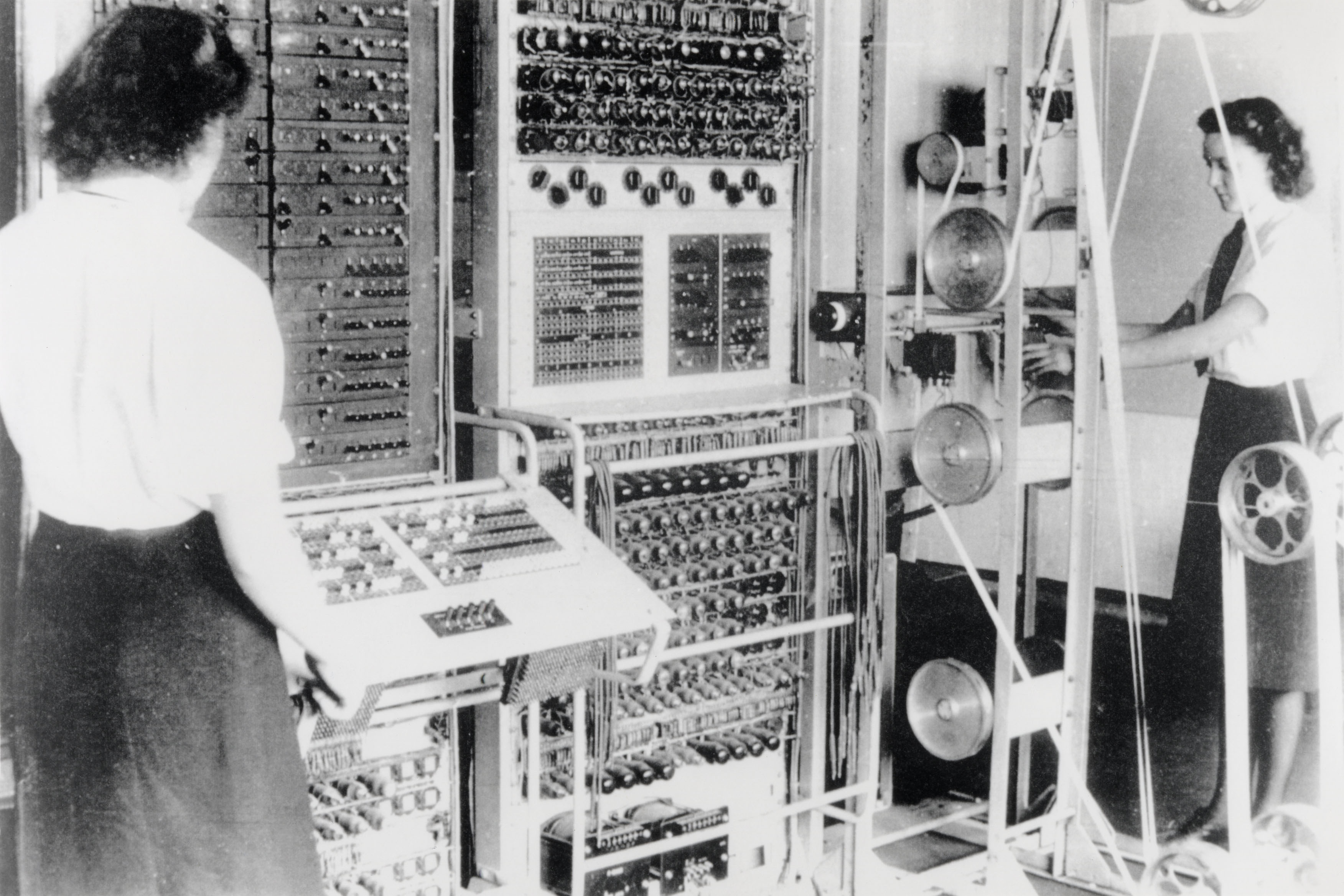
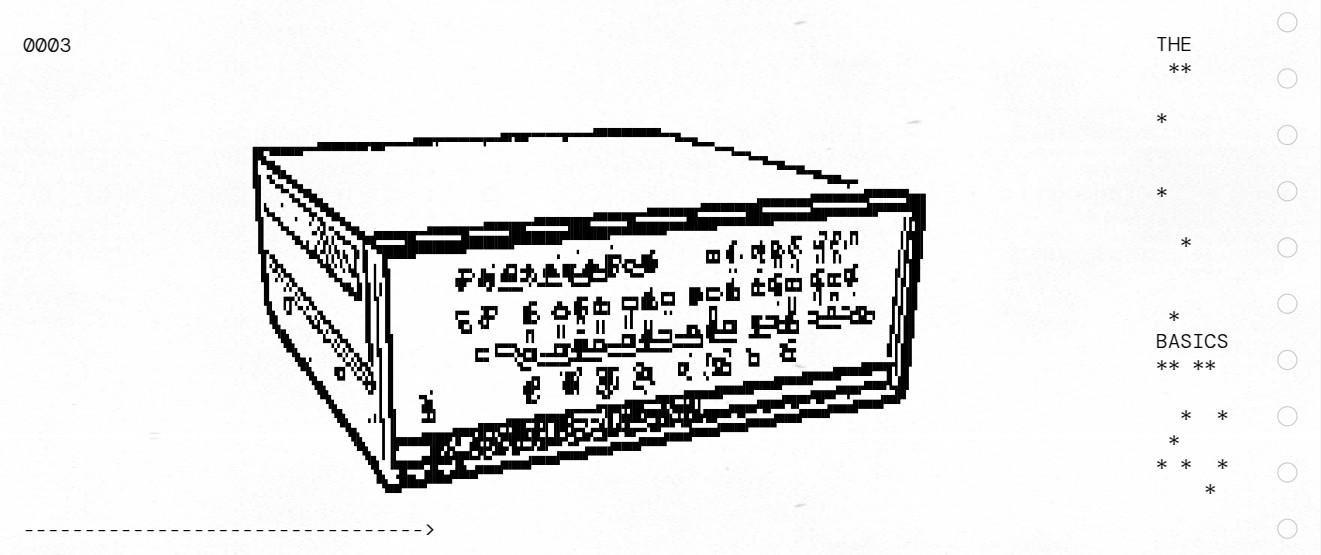























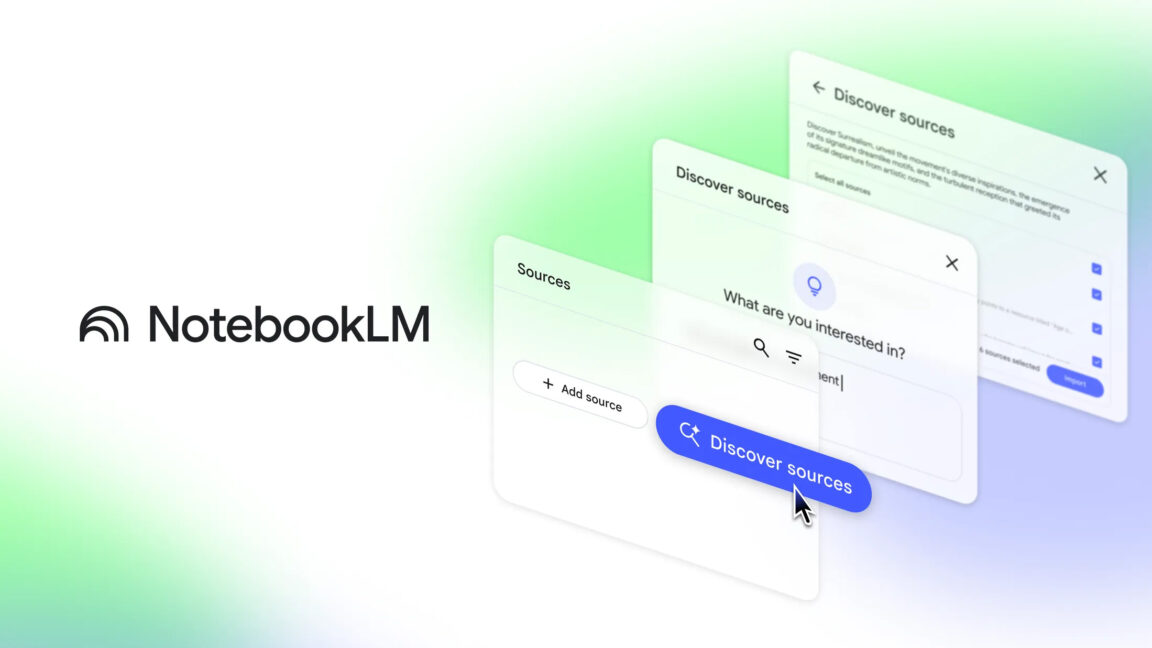
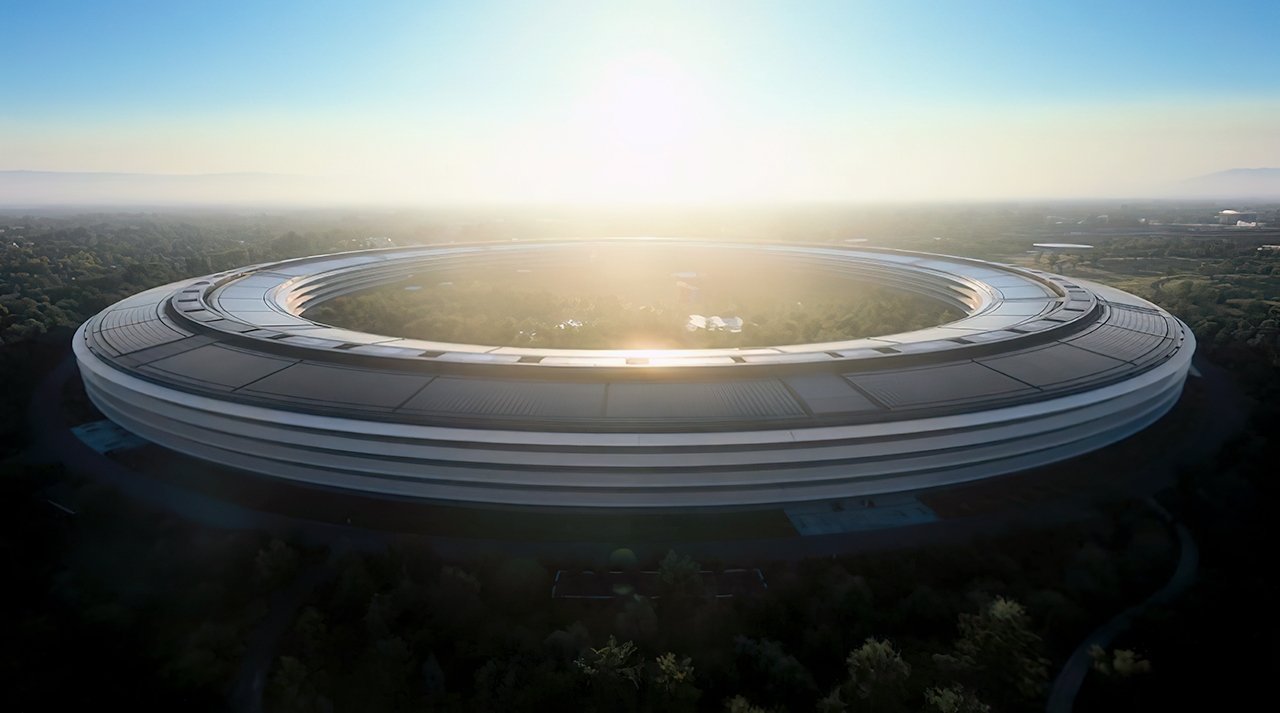

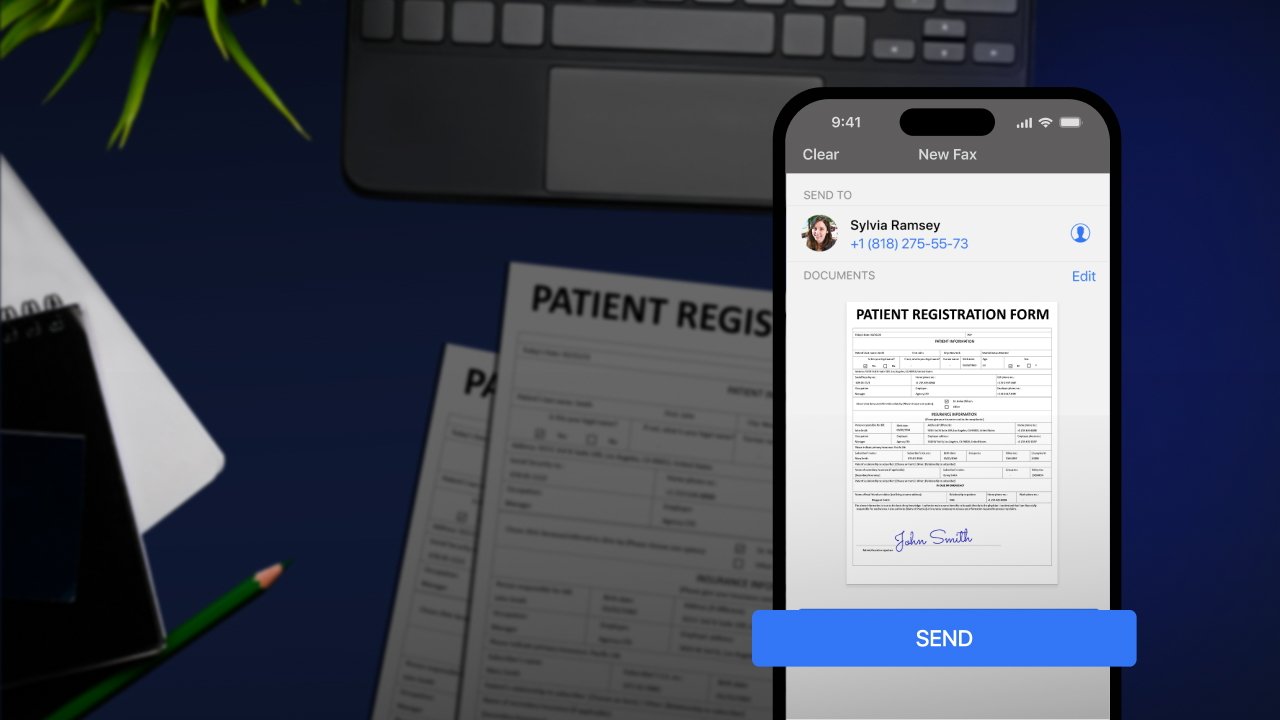
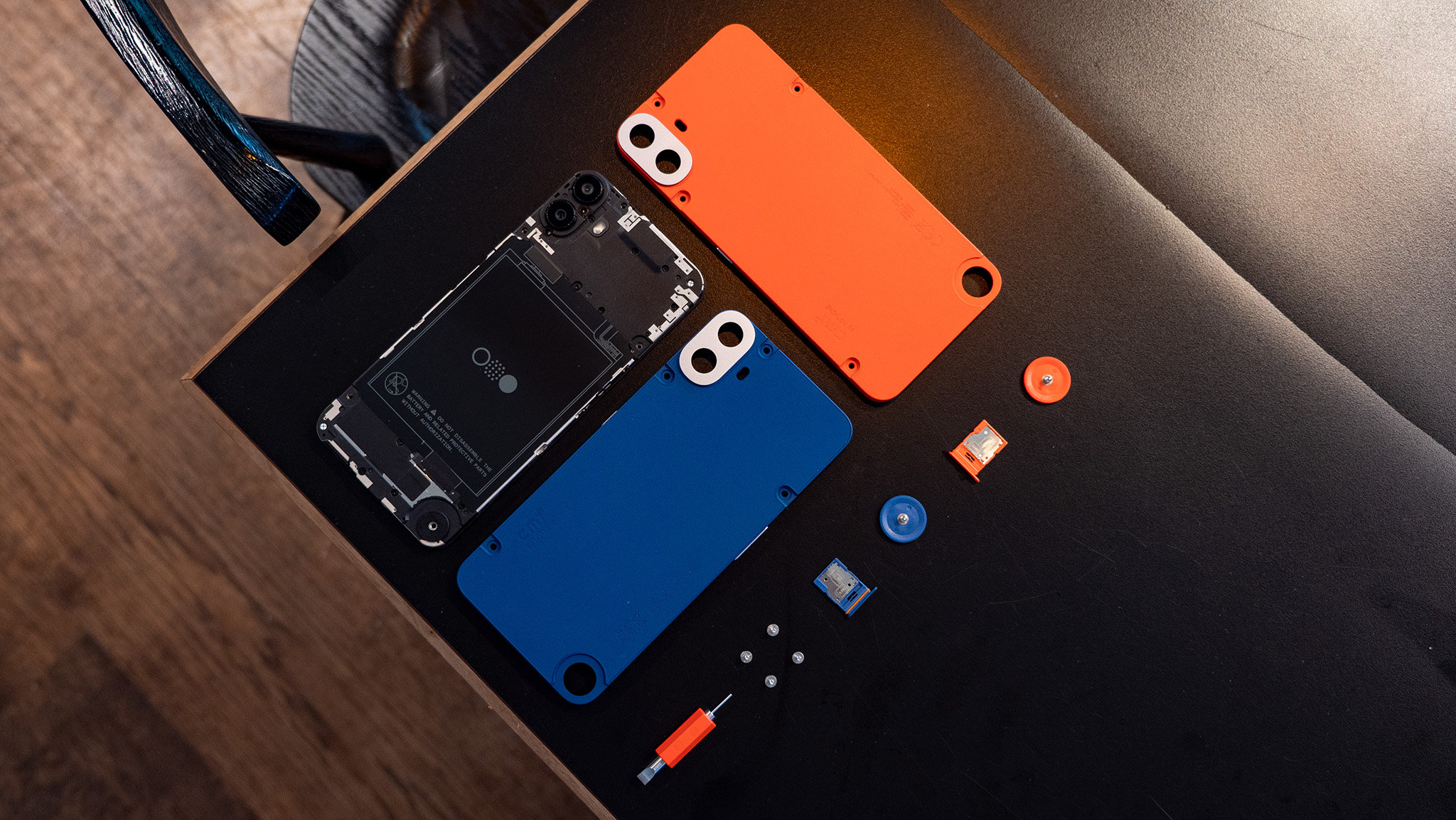



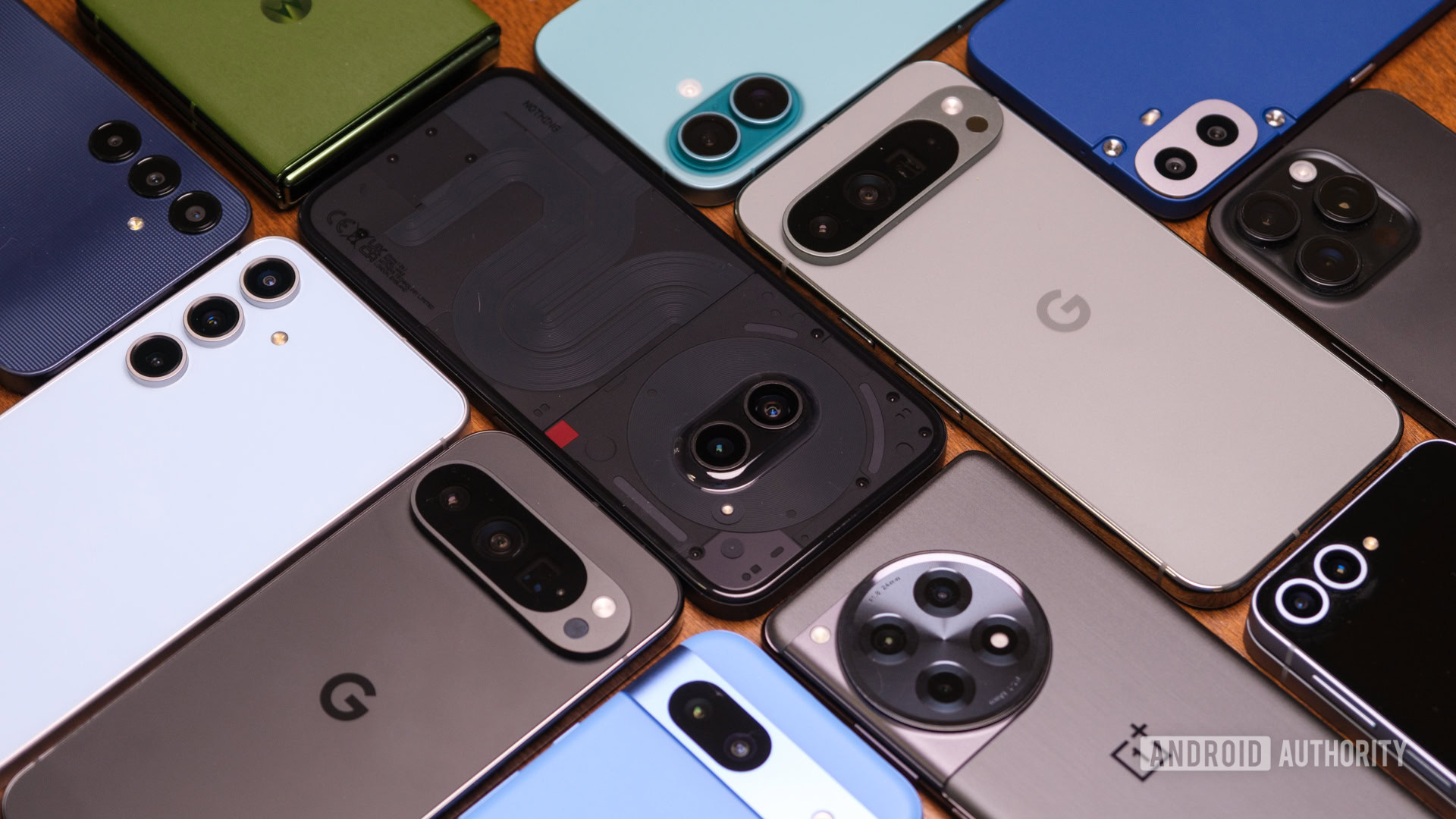
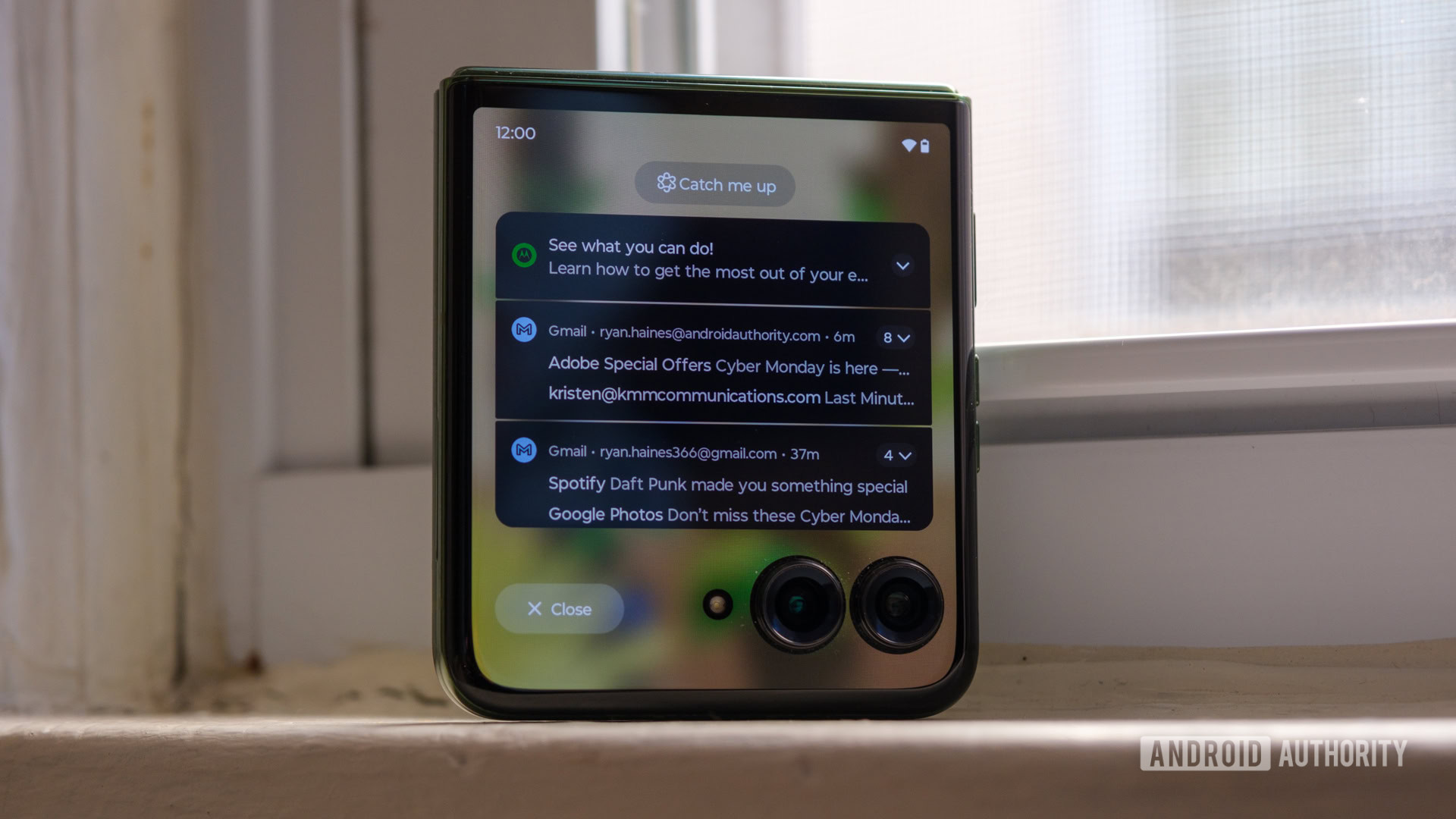



![Hands-on: We got to play Nintendo Switch 2 for nearly six hours yesterday [Video]](https://i0.wp.com/9to5toys.com/wp-content/uploads/sites/5/2025/04/Switch-FI-.jpg.jpg?resize=1200%2C628&ssl=1)
![Fitbit redesigns Water stats and logging on Android, iOS [U]](https://i0.wp.com/9to5google.com/wp-content/uploads/sites/4/2023/03/fitbit-logo-2.jpg?resize=1200%2C628&quality=82&strip=all&ssl=1)










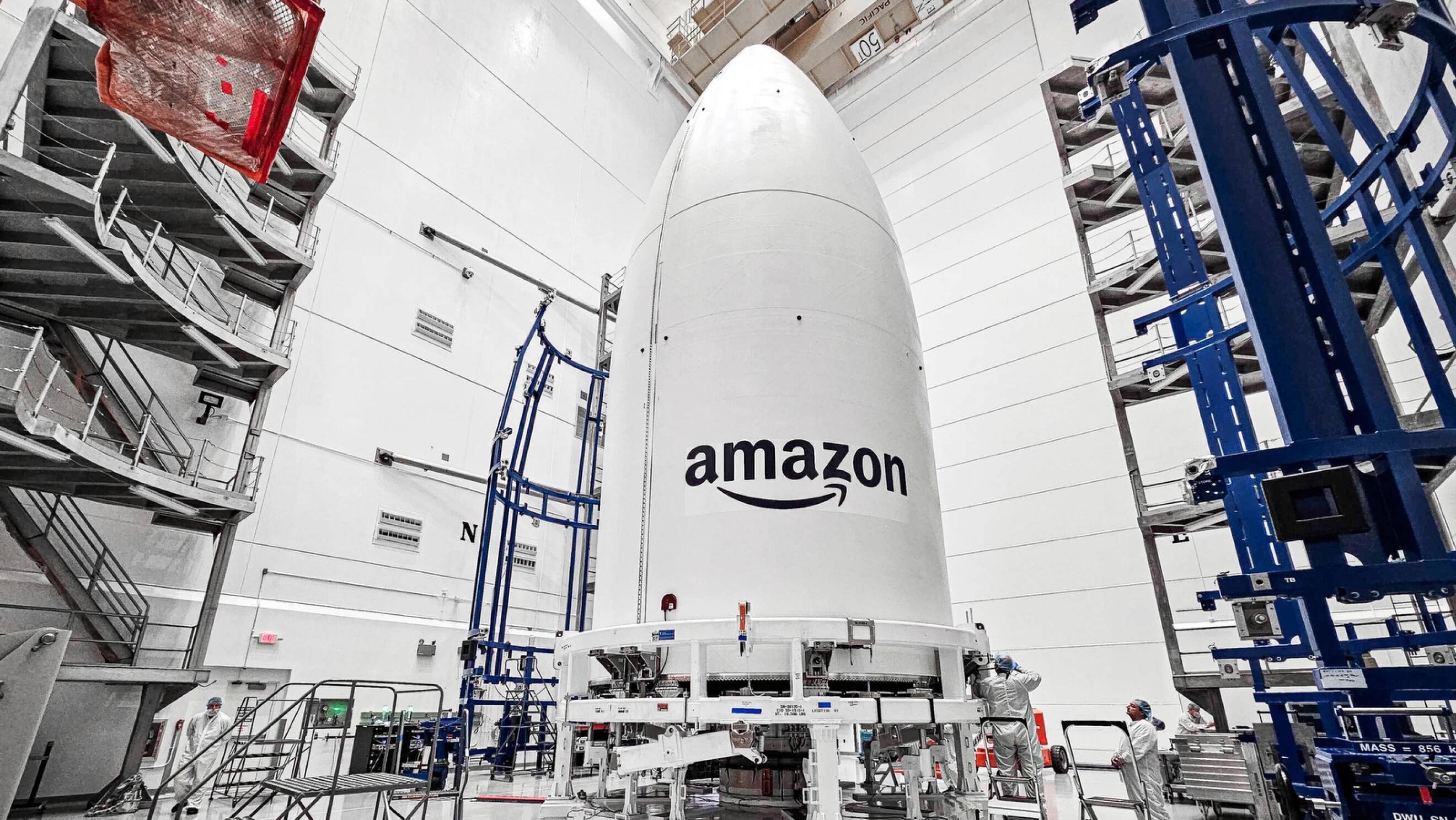


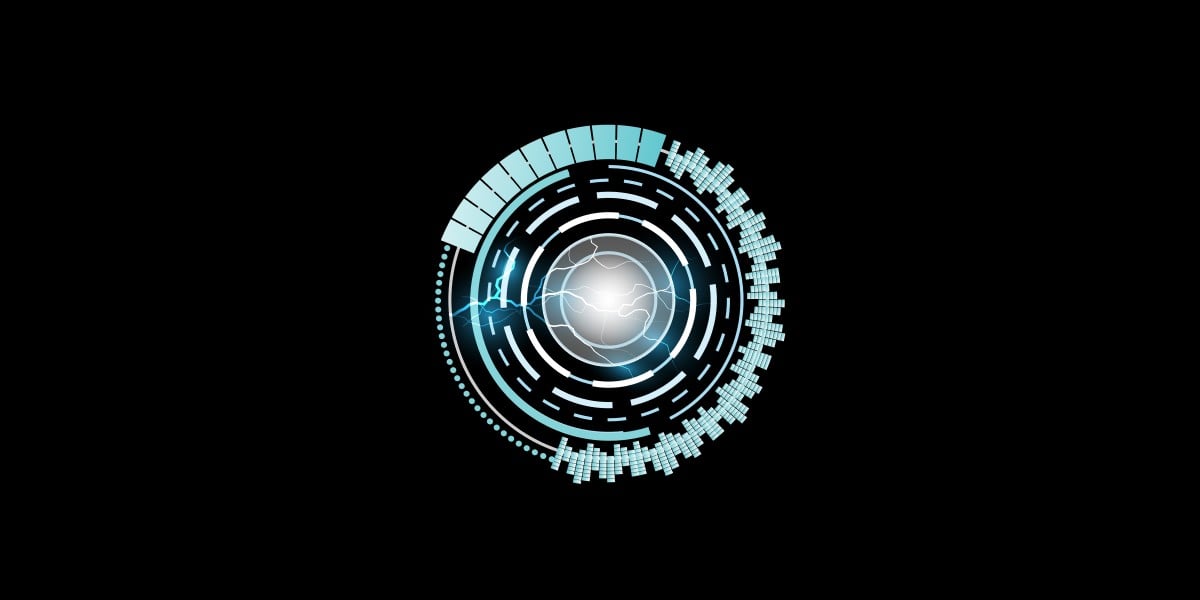
![YouTube Announces New Creation Tools for Shorts [Video]](https://www.iclarified.com/images/news/96923/96923/96923-640.jpg)

![Apple Faces New Tariffs but Has Options to Soften the Blow [Kuo]](https://www.iclarified.com/images/news/96921/96921/96921-640.jpg)













